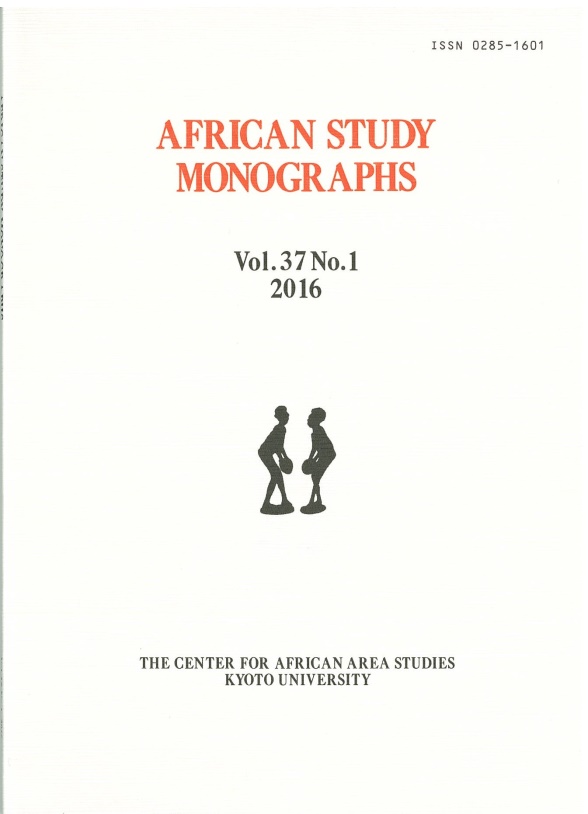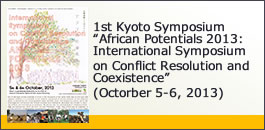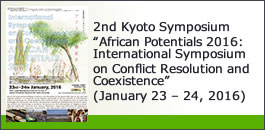Date: March 9 (Monday), 2015, 16:00 – 18:00
Venue: Collaboration room 1 on the 4th floor, Building 18, Komaba Campus, The University of Tokyo
Co-organized by
-Kanto branch of Japan Association for African Studies (JAAS-Kanto)
-Graduate Program on Human Security (HSP), The University of Tokyo
-Center for African Studies, Institute for Advanced Global Studies (IAGS)
Program
Title: Land and Agrarian Reform in Zimbabwe: Social and Structural Implications
Presenter: Prof. Sam Moyo (Executive Director of African Institute for Agrarian Studies, Zimbabwe & Visiting Professor at Kyoto University)
Moderator: Prof. Yoichi Mine (Doshisha University)
Abstract
Thirty years of land reform, including the fast track programme of 2000, unraveled the settler-colonial ‘labour reserve’ of Zimbabwe. It redistributed 90% of the land held in 1980 by 6000 large-scale white farmers to about 300 000 black owned farming units by 2014. A tri-modal agrarian structure, consisting of an expanded peasantry, numerous small and medium sized capitalist farms, and large-scale agroindustrial estates, has been established. Agrarian production and societal relations are now based on relatively more equitable relations of land ownership; differentiated forms of integration into domestic and external markets to sale food and commodities; varied forms of family and wage labour relations; and varied accumulation strategies, reflected in capital formation and non-farm investments. Zimbabwe is unique in that it has rowed against the current trend of foreign land grabbing and challenging the contemporary scramble for Africa, but whether it can sustain an introverted process of accumulation ‘from below’ is an open question. The emerging contradictions include new forms of labour exploitation, the incipience of informal land markets, the renewed dominance of exports such as tobacco, cotton, sugar and tea at the expense of food grains, and the re-insertion of finance capital through export-oriented contract farming and expensive credit.


 Exploring African Potentials, Mila Special Issue
Exploring African Potentials, Mila Special Issue
